If you’re an EV enthusiast, you might be thinking of how to establish your commercial EV station for business purposes, or maybe you’re genuinely curious about how much it costs to run a commercial EV station. Either way, you’ll get all the answers you need in this article so let’s get right to it.
What Is a Commercial EV Charging Station?
So, what exactly is a business EV charging station? Imagine it as the gas station of the future with charging stations instead of fuel pumps. The stations are meant to be used by businesses, public institutions, as well as occasionally private enterprises to allow electric car owners to recharge on the go.
In contrast to the chargers you can find at home, commercial stations are designed to deal with more traffic and provide faster charging speeds so that drivers can return to the road as soon as possible. They are the pit-stops that make long-distance travel in an EV not only tolerable but exciting.
Commercial EV charging stations come in various shapes and sizes, but they all share a common goal: to provide EVs with juice conveniently and safely. Their exterior is designed with many charging ports that can be found in shopping centers, hotels, office parks, and public parking areas- essentially anywhere that people will park for a while and need a quick charge.
Such charging stations are intuitive with clear directions and attractive designs which match the sleek beauty of these EVs. Additionally, they are getting smarter with adding things like app connectivity, energy management, and payment processing abilities.
With EVs on the uptick, commercial charging stations are no longer just a utility; they are becoming a backbone of infrastructure for the green transport revolution. Next time you notice these stations, you'll realize that they're not just pieces of equipment, they're the first step to a cleaner and more sustainable society on the road.

Types of Commercial EV Charging Stations
There are many types of electric vehicle chargers, Commercial electric vehicle charging stations are generally divided into three types, each type has its own advantages and disadvantages. If you're not yet familiar with these chargers, here's a quick overview.
Level 1 Charging Stations
The first level is Level 1 Chargers. These are the USB 2.0 of the charging world in the sense that they are tried and tested but not the fastest. Frequently, these are available at office buildings or huge apartment complexes where cars can charge at a leisurely rate of up to eight hours or complete a daily work schedule.
Level 2 Charging Stations
Level 2 EV chargers are a common type of charger that can be used in homes or public. But, I mainly introduce its value in the commercial place here. If you want to buy a level 2 EV charger for your home, get it by clicking here.
The Level 2 EV chargers are widely used in shopping markets, hotels, etc. You can achieve fast charging whether on the roadside or in underground parking lots. Usually, it charges an electric vehicle battery from empty to full within 4 to 6 hours. So, it is a smart choice that use this charging way.
DC Fast Chargers
DCFCs take EV charging to the next level as they can charge up to eighty percent range of your EV in twenty to thirty minutes. These are the charging stations that you see at highway stations and chargers at EV charging stations, suitable for motorists on travels who need as much power as they can get in very little time.
Specialty Chargers
Lastly, we have specialty chargers. These include Tesla’s Superchargers, which are designed specifically for Tesla vehicles and offer rapid charging times. There are also chargers with solar-powered technology, which are not as common but offer a sustainable twist to EV charging.
Each commercial EV charging station type offers its own balance of speed, convenience, and availability. The choice of which one to install depends on several factors like location, expected traffic, and the types of vehicles that will use them.
Now that you're familiar with the types of stations lighting up the EV landscape, our next section will take a closer look at the cost implications of setting up your very own commercial EV charging oasis.
Cost Analysis of Commercial Electric Vehicle Charging Stations
Talking about the expenses of installing commercial EV charging stations is a comprehensive process because many factors come into making this investment sum up. Here's a straightforward breakdown:
Initial Hardware Costs
The most significant cost up front is generally for the charging units themselves. Level 1 charging is the most affordable, in the range of $300 to $600. The level 2 chargers begin at $600 which then go up to $6,000. Nevertheless, the DC Fast Chargers are the most expensive category, with their unit's prices going as high as $40,000 for this reason: advanced technology and greater power output.
Installation Costs
Installation costs of chargers vary widely depending on the type of charger and the site's particularities. Level 1 charger is easy and cost-effective to install especially. The level 2 installations are definitely more complex and can range between $600 to $12, 000, depending on whether one needs electrical upgrades or construction of basic structures. DC fast chargers are usually used as a basis for the installation of a complex electrical infrastructure that can cost as much as $50,000.
Operational Costs
The installers next face the operational cost, which consists of two parts: electricity used by the chargers which differ from one location to another according to utility rates, and ongoing maintenance. Moreover, it is important to note that network fees may be included in the managed service of which the chargers are part and may offer user support, billing, and charger monitoring services.
Incentives and Rebates
To make people aware of the benefits of EV ownership and charging infrastructure, some financial incentives are in process from the federal, state, and local governments as well as some utility companies. It's important to note that Autel chargers may qualify for rebates from both the US and Canadian governments. These can significantly lower the first payment, so you should research and apply for these programs if you want to cut costs.
Total Cost
To calculate the total cost of ownership, you would have to aggregate the figures for the hardware, the installation, and the routine bills, removing any incentives or rebates. The whole amount will give the whole picture of financial input which should be directed to both the investment and operations of commercial EV charging stations.
Finding the Right Electric Vehicle Charging Company
Choosing a company to supply and install your EV charging stations is a critical decision. It's about more than just purchasing hardware; it's about forming a partnership that will influence the success of your EV infrastructure for years to come. Here's what you need to consider to ensure you make a well-informed choice:

Experience and Expertise
You'll want to start by assessing the company's track record. How long have they been in the business? What is their experience with commercial clients? Look for a company with a proven history of successful installations and a deep understanding of different industry needs.
With over a decade of experience in the industry, Autel has established itself as a leader in providing charging solutions for commercial clients. Our extensive track record includes numerous successful installations, demonstrating our commitment to delivering high-quality services tailored to meet the unique needs of each client.
Product Range
A good company should offer a wide range of charging stations, including Level 1, Level 2, and DC Fast Chargers, and be able to explain the advantages and limitations of each. This variety ensures that you can select a product that aligns with your specific business requirements and customer needs.
Customization
Every business is unique, and your EV charge solutions should reflect that.Find a company that offers customizable options, such as the ability to brand your charging stations or integrate them with your existing business services and apps.
Turnkey Solutions
The best companies provide comprehensive services, from site assessment and installation to after-sales support and maintenance. Opt for a provider that offers turnkey solutions to streamline the process and ensure your charging stations are always operating at peak performance.
Future-Proof Technology
The EV market is evolving rapidly. You'll need a charging station that can adapt to future changes. Look for companies that invest in technology that can be updated with the latest software and can scale with your growing business.
Customer Support
After-installation support is crucial. Inquire about the company’s customer service policies. How quickly do they respond to issues? Do they offer warranty services or have a reliable network of technicians? A company that prioritizes customer support will be invaluable in the long run.
Reviews and Testimonials
Lastly, seek out customer reviews and ask for case studies or testimonials. Hearing about other businesses' experiences with the company can give you insight into what you can expect and confirm if they're the right fit for your project.
By thoroughly vetting potential EV charging station providers on these fronts, you can ensure you partner with a company that will deliver quality products, expert installation, and exceptional ongoing service.
Conclusion
Now that you have all the information you need to manage a commercial EV charging station, ensure you ruminate properly on the costs and operational needs. It’s a step that not only prepares your operation for the future of transportation but also actively helps shape that future, driving us all towards a cleaner, greener world on the move.
Related Reading:How Long Does It Take To Charge An Electric Car?

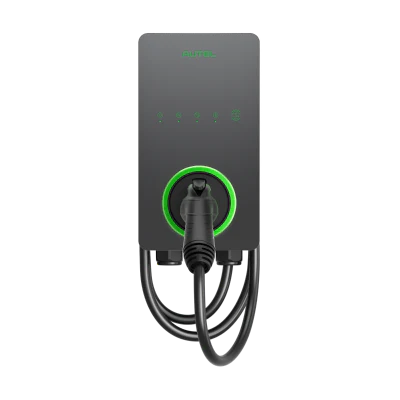
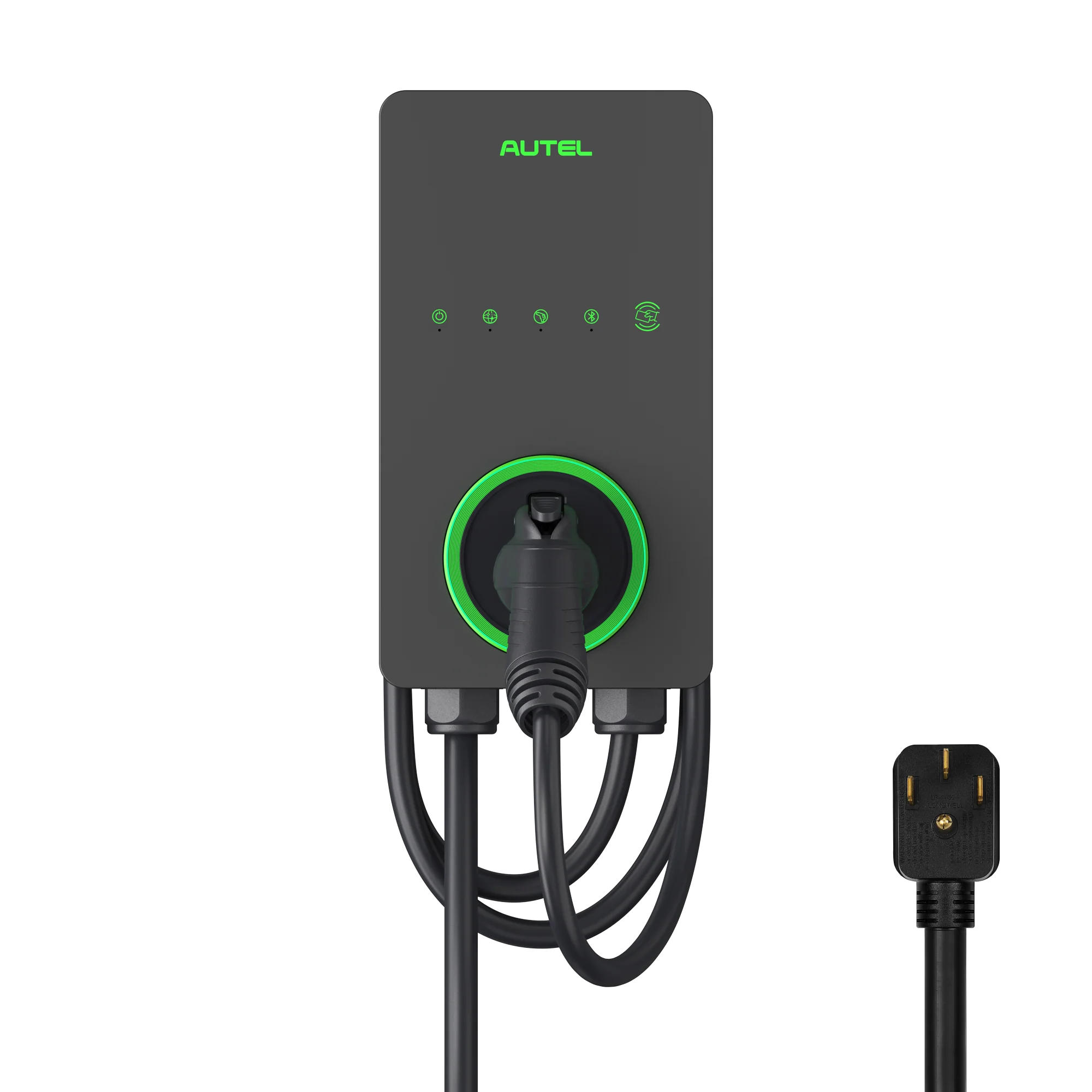
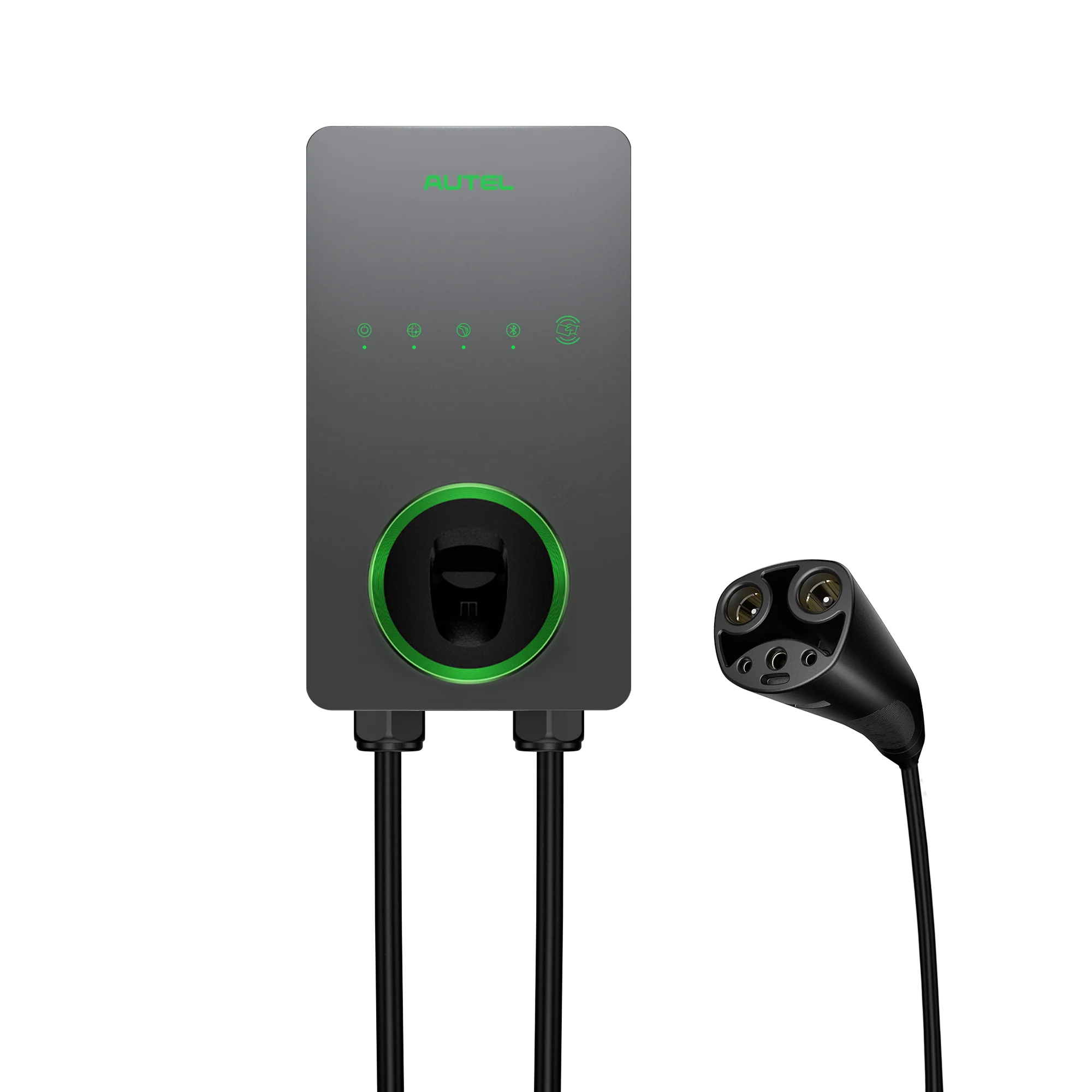
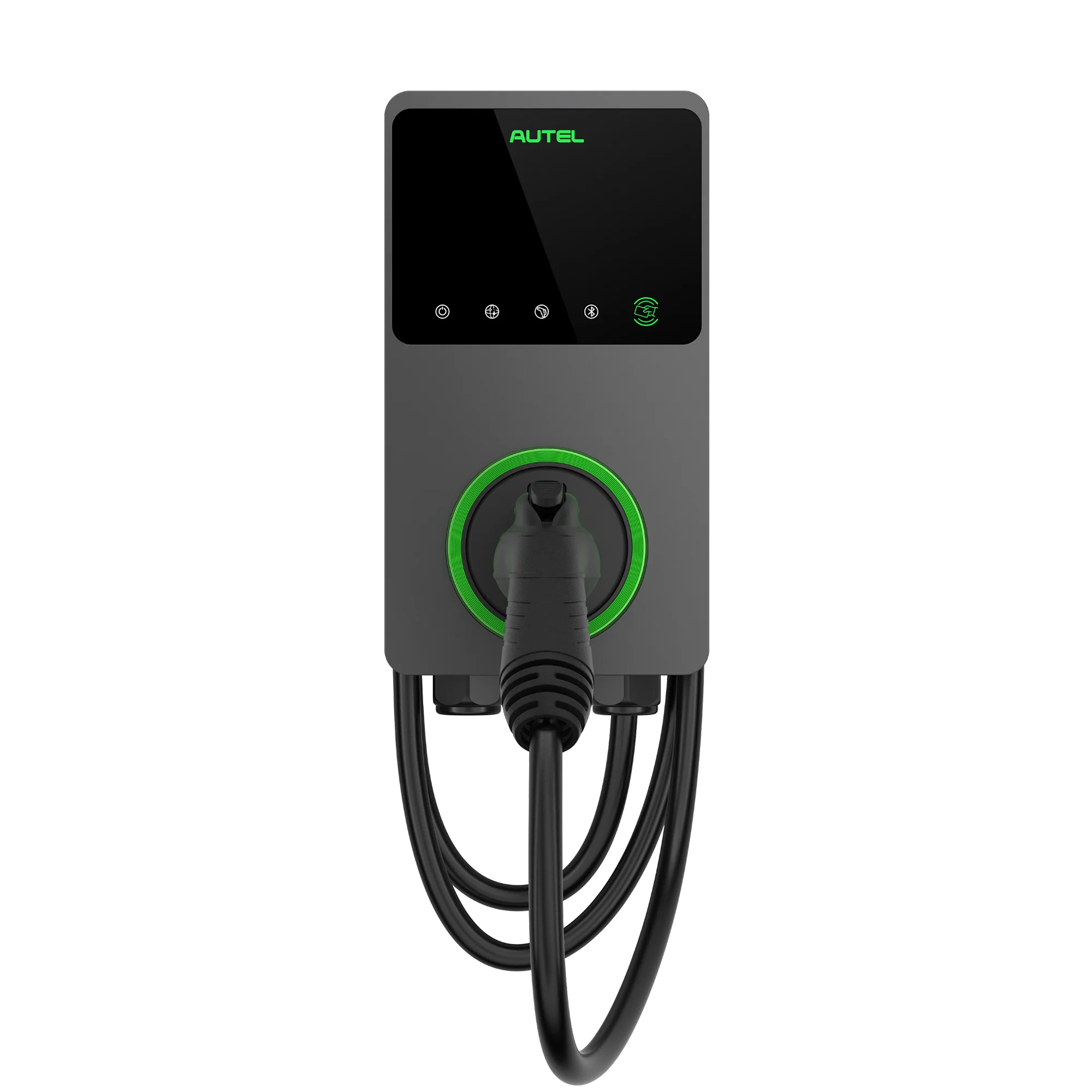
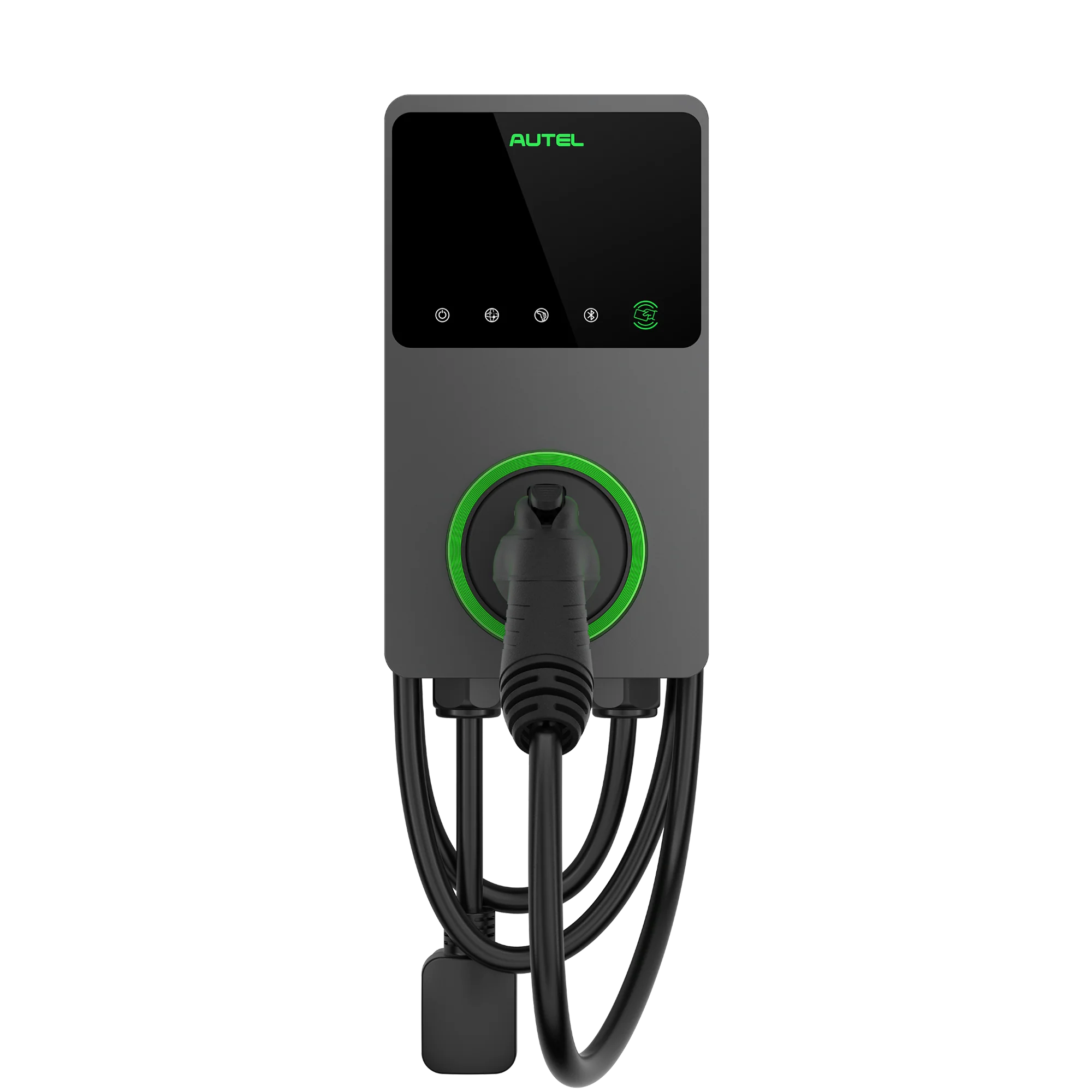

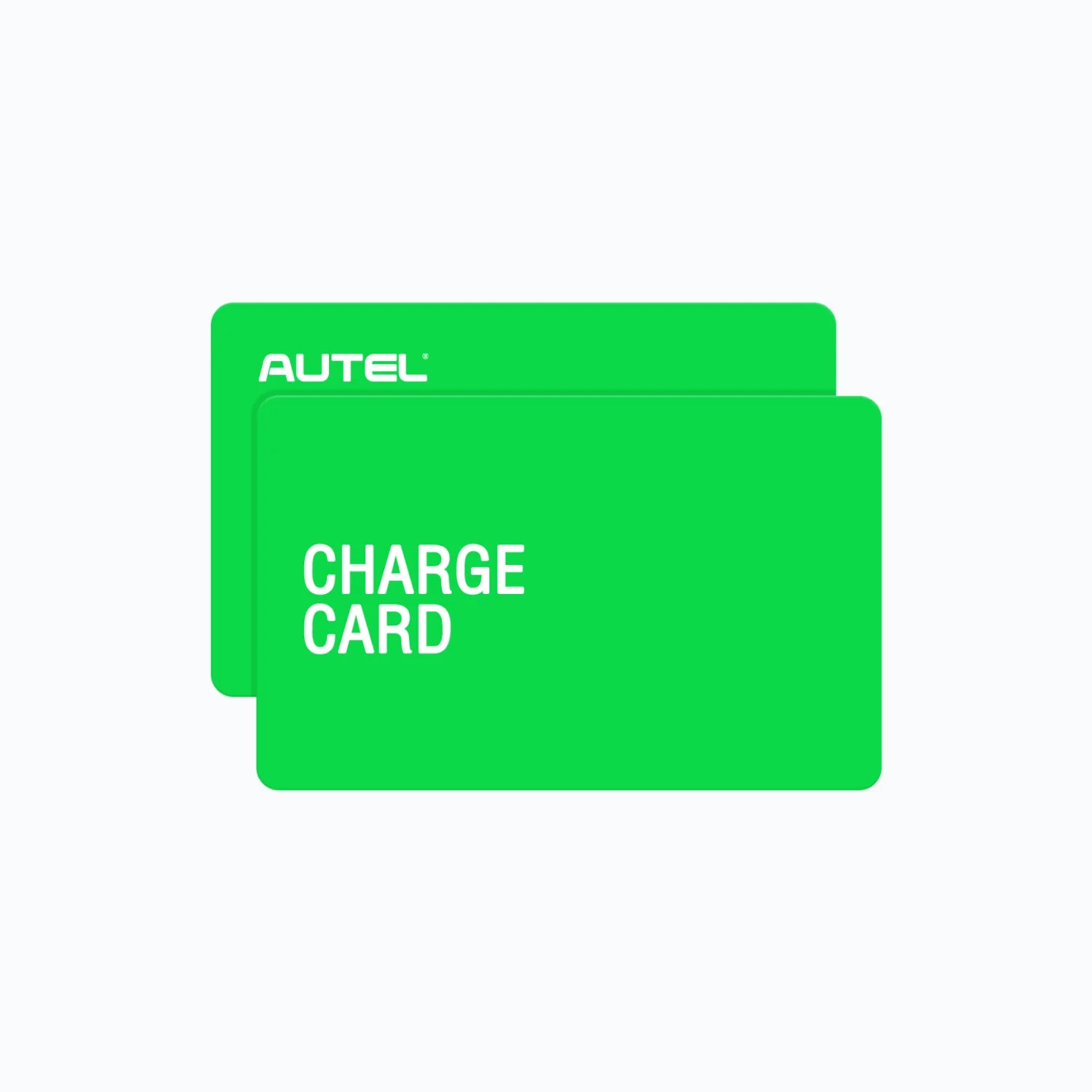
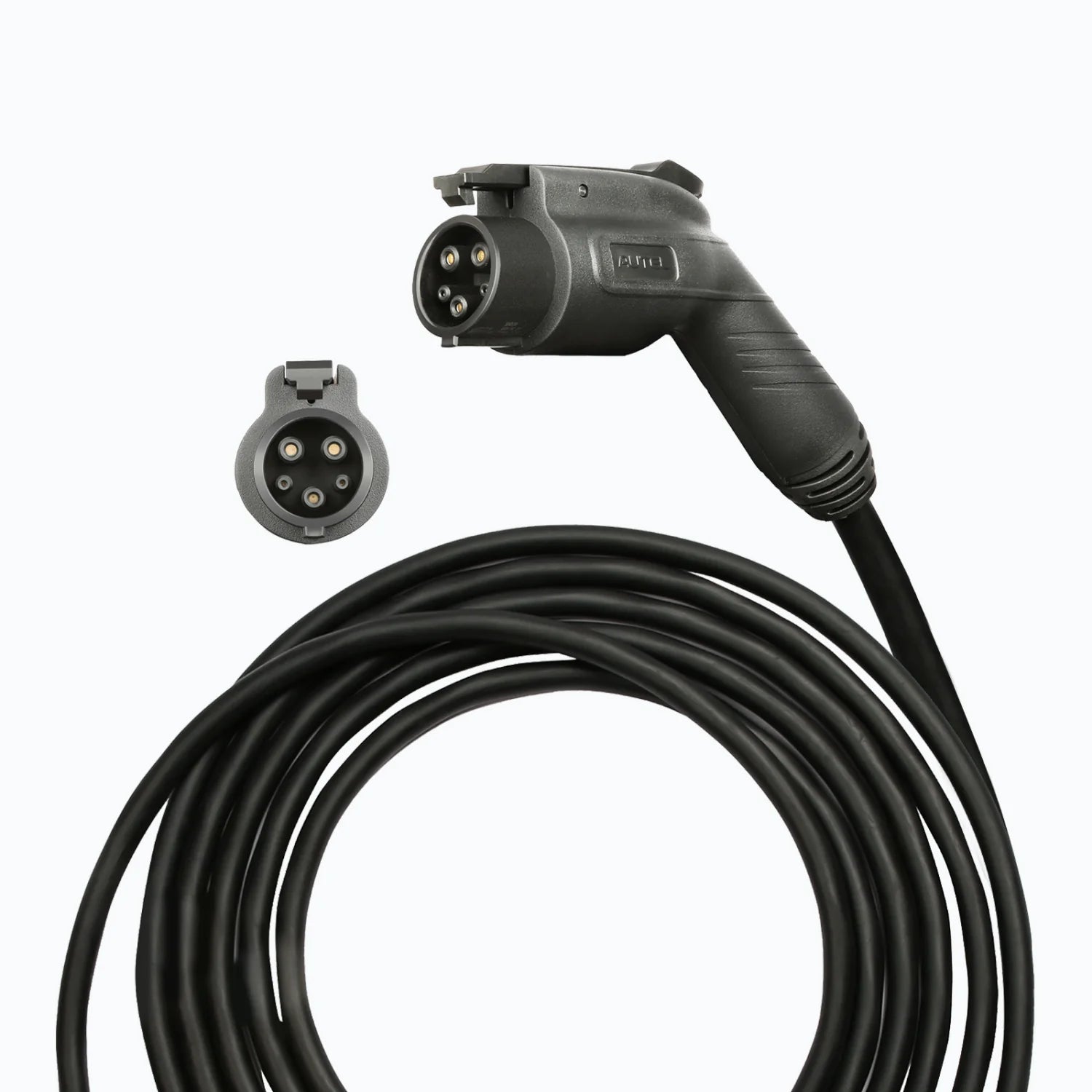



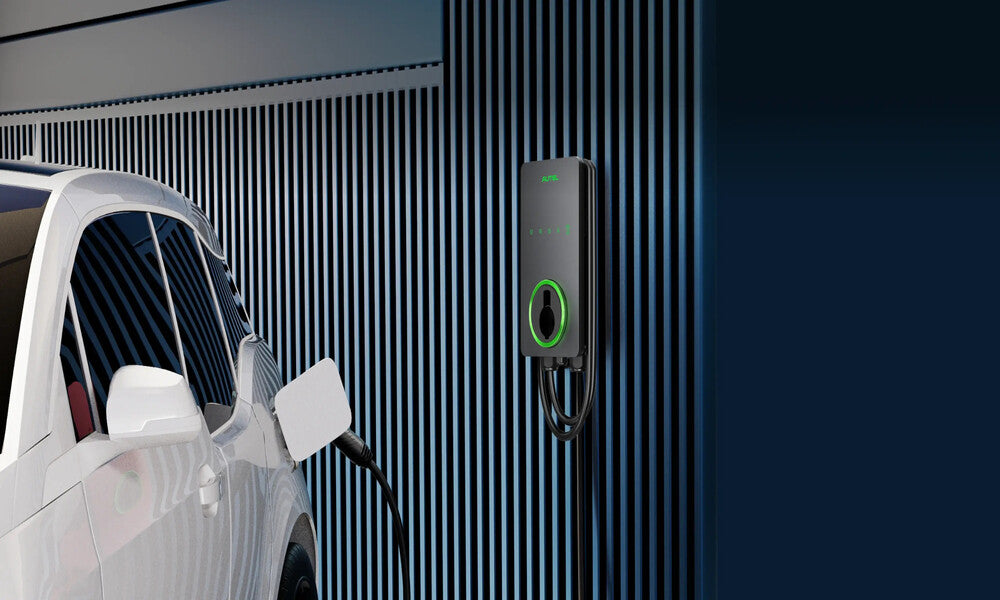
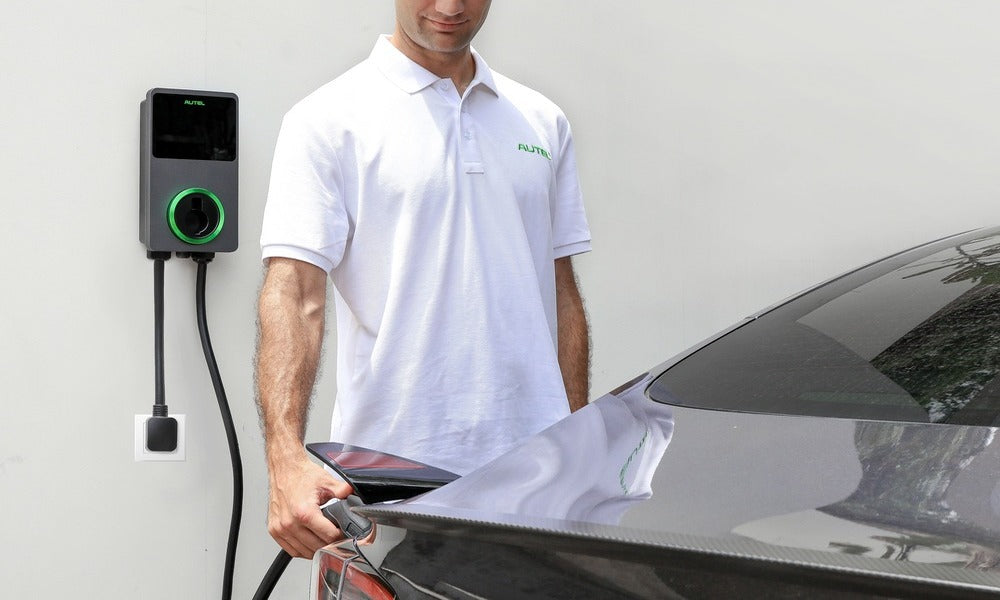
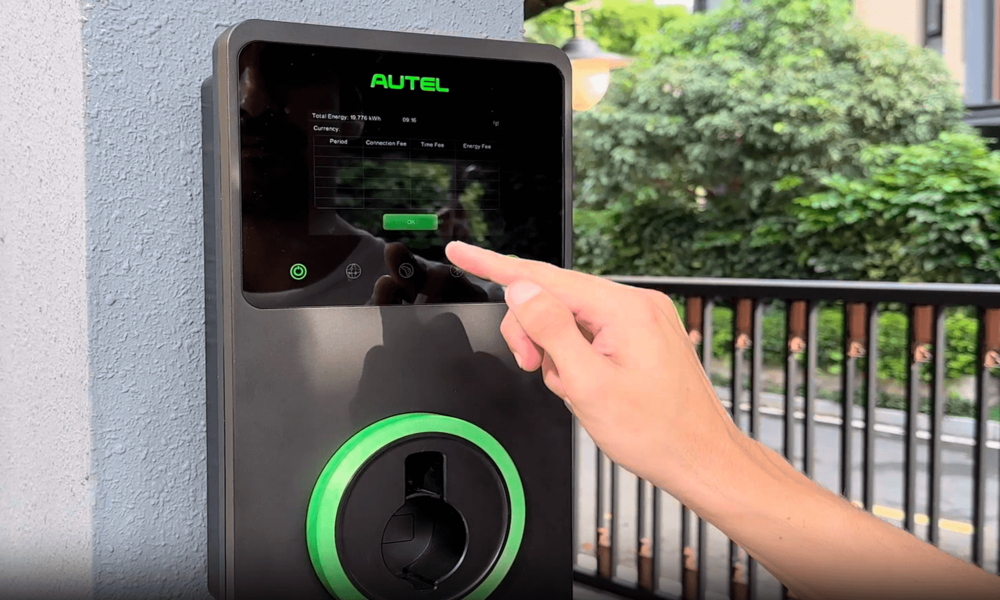
Leave a comment
All comments are moderated before being published.
This site is protected by hCaptcha and the hCaptcha Privacy Policy and Terms of Service apply.